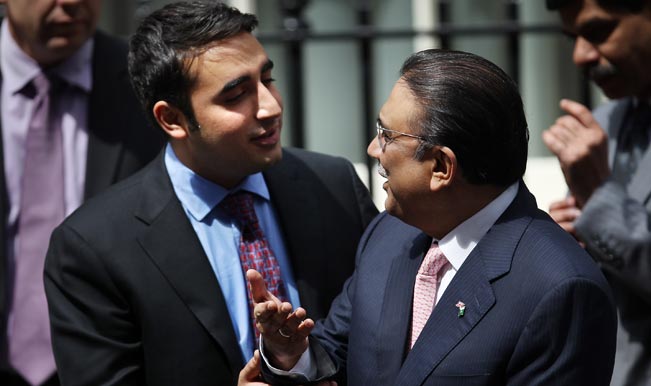I disagree that there should be no bounds to literary criticism. But I guess poets, novelists, playwrights, and even us columnists have to be ready for angry readers to follow them around yelling, “Bad! Bad!” if you can start shouting “chor chor” in public.
However, it could be going too far to kidnap poet Ahmad Farhad by men in a pick-up, even in this brave new world we have been introduced to. I realize that it most likely occurred as a result of his backing for the Kashmiri demonstrators who were against the energy bills, but why does Shakespeare keep coming to mind?
In a scene from Julius Caesar, shortly after the great man is killed and Mark Anthony delivers his well-known “Friends Rpman’s Countrymen’ speech,”
as a throng of commoners approaches Cinna and prepares to topple him. Declaring he is Cinna the poet and not Cinna the conspirator, he yells. A mob member yells, “Kill him for his bad verses!” Cinna is taken off by the plebian crowd as the drama comes to a close. We have no idea if he survives or not.
Cinna thus turns into a forerunner of forced disappearances. During World War II, Field Marshal Wavell served as both Commander-in-Chief and Viceroy. He was known to have a well-worn copy of Robert Browning’s poetry with him at all times, but I cannot recall any instance in which he took an active interest in literary criticism. Nothing indicates that he encouraged or dissuaded the Taraqqi Pasanad Musannifeen, which was the principal literary movement of the time.







